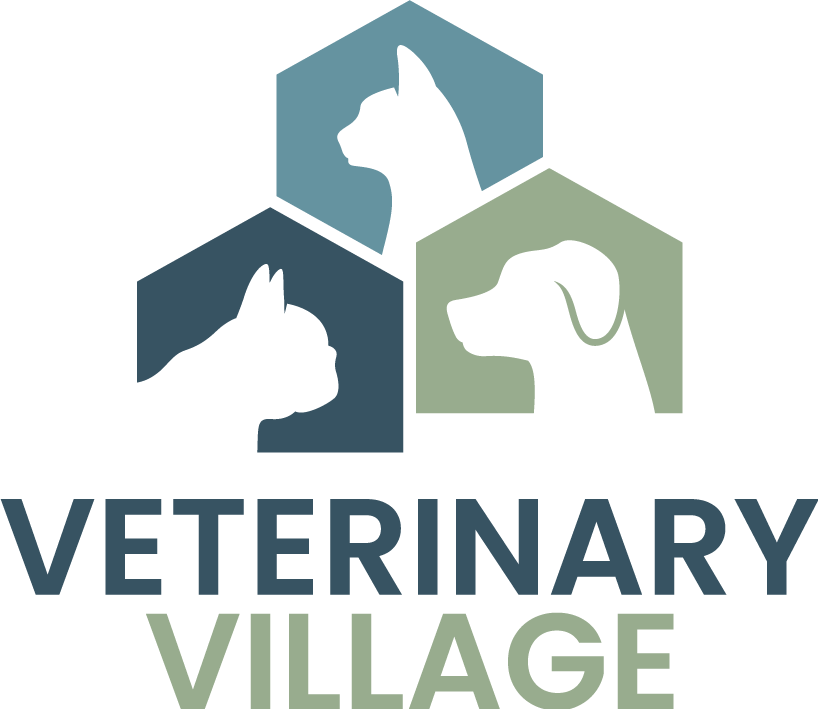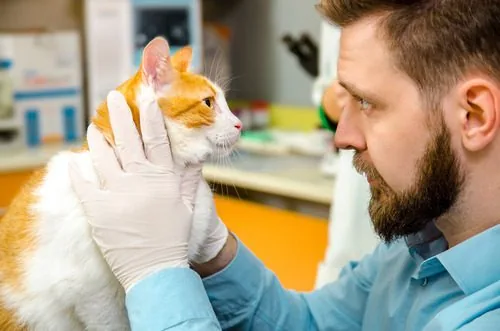Heartworm in Dogs: What It Is, Symptoms, Treatments and How To Protect Your Pet
Heartworm disease is something all dog owners should be aware of. It’s a serious condition that can harm your dog’s heart, lungs, and blood flow. But don’t worry! With the right knowledge, you can keep your beloved pet safe and healthy. If you have any concerns or need more information about heartworm in dogs, The Village Vets in Plymouth Meeting, PA, are here to help. Give us a call at (484) 820-1700 to talk to a professional or to schedule a check-up for your dog.

Understanding Heartworm Disease
The Basics of Heartworm in Dogs
Heartworm disease is caused by a parasite called Dirofilaria immitis. Dogs get heartworm from mosquito bites. When a mosquito bites an infected animal, it picks up baby worms, which it can then transfer to other animals it bites. These worms grow into adults that live in the heart, lungs, and blood vessels, causing serious health problems.
How Dogs Get Heartworm
It starts with a mosquito bite. The tiny baby worms (larvae) enter your dog’s body and start to grow. It takes about 6 months for the larvae to become adult worms that can cause harm to your dog’s organs.
Recognizing the Symptoms of Heartworm Disease
In the early stages, heartworm in dogs might not show any symptoms. But as the disease progresses, signs can include:
- A mild, persistent cough
- Reluctance to exercise
- Fatigue after moderate activity
- Decreased appetite
- Weight loss
As the disease gets worse, dogs might have trouble breathing, and their stomachs may swell up due to fluid build-up. These are signs that the heart and lungs are being severely affected.
Treatment Options for Heartworm Disease
Treating heartworm disease can be tough on your dog and expensive. The goal is to kill the adult worms and the baby worms in your dog’s body.
Adulticide Therapy
This is a treatment that kills adult heartworms. It involves giving your dog a series of injections. Your dog might need to stay at the vet’s office for this treatment and will need to rest a lot afterward to avoid complications.
Treating Baby Worms
Your vet might also prescribe medication to kill the baby worms and prevent new infections. It’s important to follow your vet’s instructions closely during treatment.
Protecting Your Dog from Heartworm Disease
The good news is that heartworm disease is preventable! Here are steps you can take to protect your dog:
Year-round Preventive Medication
Giving your dog heartworm prevention medicine is the easiest way to keep them safe. There are many options, like pills, topical treatments, and injections. Your vet can help you choose the best one for your dog.
Regular Testing
Even if your dog is on preventive medicine, getting them tested for heartworm at least once a year is important. This ensures the medicine is working and your dog is heartworm-free.
Keep Mosquitoes Away
Since mosquitoes spread heartworm, try to reduce your dog’s exposure to them. This means avoiding walks at dawn and dusk when mosquitoes are most active and using mosquito repellents safe for dogs.
Veterinary Village Can Help with Heartworm Prevention
Heartworm disease is a serious threat to dogs, but with the right knowledge and actions, you can protect your furry friend. Remember, preventive care is key to keeping your dog healthy. If you’re in Plymouth Meeting, PA, and have questions about heartworm prevention, or if it’s time for your dog’s annual heartworm test, The Village Vets are here to assist. Call us at (484) 820-1700 to schedule an appointment or to speak with our caring professionals about how to keep your dog safe from heartworm disease. Together, we can make sure your dog lives a long, happy, and healthy life.
Recent Posts
About Veterinary Village
Veterinary Village offers excellent service to clients in a comfortable, friendly atmosphere. To learn more about us and how we can better serve you and your pet here in Plymouth Meeting, PA, click the button below.
Share This Post
Recent Posts
About Veterinary Village
Veterinary Village is a network of three animal hospitals based in Atlanta, GA and the surrounding area. We offer honest, excellent service to our clients in a comfortable, friendly atmosphere. To learn more about our locations and how we can better serve you and your pet, click the button below.



